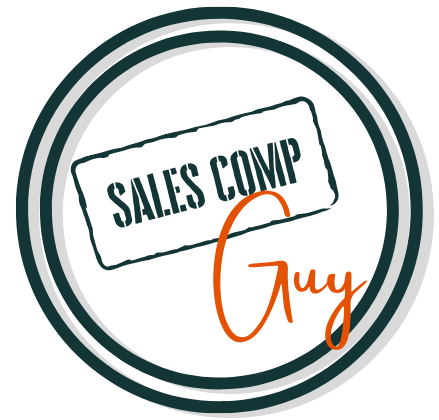Do Your Salespeople Trust Their Leadership?
Part 1 of 3: Trust isn't automatic...

Most of us know that in our relationships, trust is earned, not given. Generally, most well-adjusted people will give a default level of trust at the beginning of a relationship, and that trust will either grow or fade depending on how you manage that initial show of faith. This is true in all new relationships, even between employers and employees.
So, when it comes to trust in the workplace, the old edict “no news is good news” doesn’t really apply. That’s because earning trust is not a passive endeavor. We don’t keep trust by default. We keep it by actively living up to our word and taking responsibility on those rare occasions when we can’t. Trust is something that must be continually nurtured in the workplace, not just so everyone can feel good about working together but for some other very important reasons as well.
4 Effects of Poor Trust on the Sales Team
Not maintaining the trust of your team can cost your organization both in morale and in real dollars. Some effects of poor trust include.
1. Eroded Morale: Trust issues create a toxic work environment, eroding morale among salespeople. Low morale translates to decreased motivation, hindering performance and potentially driving talent away.
2. Escalated Turnover: A lack of trust can make sales team members feel undervalued and unsupported, leading to increased turnover rates. This not only disrupts team dynamics but also incurs additional costs in recruitment and training.
3. Poor Customer Relationships: Your salespeople are the link between you and your customers. If your salespeople don’t trust the organization they’re working for, that lack of trust is going to show up in how they interact with prospects and clients. At worst, it could manifest in active bad behavior, but most likely, you’ll just be missing out on the kinds of results you could get from a salesperson who truly believed in what they were selling.
4. Lack of Resiliency: Have you ever given someone the benefit of the doubt in a situation where they did something upsetting? You probably gave them that benefit because they’ve built trust with you, and you are willing to assume the best. Your organization will inevitably have rocky moments and periods of time where things get chaotic. In those moments, having strong organizational trust will help everyone bounce back and exercise the grit to overcome those challenges.
What Sales Managers Do to Lose Trust
Not providing the resources to succeed. If you give your salespeople a quota but then don’t empower them with the tools and resources they need to accomplish that, they are likely to feel unsupported, and they are unlikely to succeed—at least not for very long.
Inconsistent decision-making. Managers who make their decisions arbitrarily according to each situation are setting themselves and their teams up for failure. The only way to maintain consistency is to prepare documentation for significant policies and procedures and to make decisions congruent with those documents. The consistent application of your organization’s values and policies is what builds trust. More on that in the third post.
Hypocrisy. We’ve all encountered the “do as I say, not as I do” leader or parent, and we all understand how eroding that is to trust. Setting the example at the helm lays the groundwork for trust among your team. Employees learn from that demonstrated behavior to not trust the leadership in times of ambiguity.
Cultivating Success: The Role of Trust in Organizational Culture
If trust is woven into the fabric of the organizational culture, the sales team stands a significantly better chance of succeeding and gaining the trust of their customers. A culture of trust fosters an environment where open communication thrives, support is abundant, and teams are empowered with everything they need to succeed.
In Part 2 of this series, we’ll talk about how to assess the trust in your organization. As I mentioned, you can’t take it for granted that everyone is feeling good about the levels of trust. Then, in Part 3, we’ll talk about the clear, objective ways you can build trust. These practices are like the right soil for your garden in that if you take care of that soil and supply the right environment, you stand a much better chance of growing healthy, thriving plants. And because trust is dynamic and by no means guaranteed, instituting these practices will help your employees be resilient in the face of conflict and confusion. More on that later.












